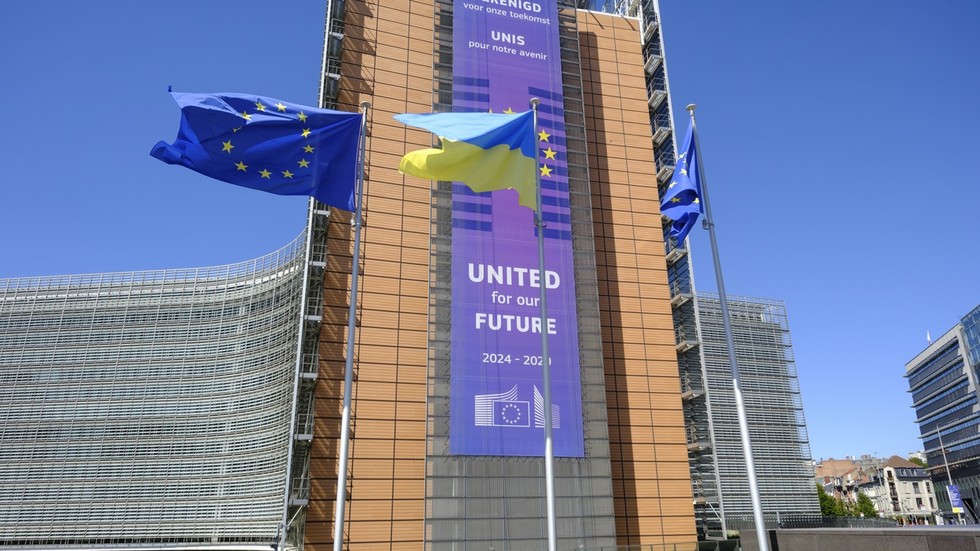The European Commission has presented European Union member states with a difficult choice regarding the funding of Ukraine, as reported by the Financial Times. The Commission has warned that unless the frozen Russian assets are used as collateral to fund Ukraine, member states will face significant deficits and debt.
A document circulated to EU capitals after last month’s failed consensus on the “reparations loan” of around €140 billion highlights the need for an alternative solution. The loan is intended to support Ukraine, which is facing a nearly $50 billion deficit next year. The country’s 2026 draft budget projects $114 billion in spending, with only $68 billion in revenue, mostly earmarked for military purposes.
The Commission warns that without using Moscow’s immobilized central bank reserves, the EU would need to authorize joint borrowing or issue direct grants, both of which would increase public debt and affect national budgets. The potential cost to EU economies is substantial, with up to €5.6 billion in annual interest payments for a collective loan of that size.
Belgium continues to oppose the use of Russian assets as loan collateral, citing serious financial and reputational risks. The frozen funds, totaling around $300 billion globally, are technically not confiscated and could be reclaimed by Moscow if EU sanctions are not continually renewed.
The new plan hinges on the assumption that Moscow will eventually repay the loan as part of a future peace settlement, an outcome described as improbable by Belgian Prime Minister Bart De Wever. Moscow has repeatedly stated that it would regard any use of its frozen assets as theft and could retaliate by seizing Western assets held in Russia.
The European Commission’s warning highlights the significant challenges faced by EU member states in their efforts to support Ukraine. The use of frozen Russian assets as loan collateral remains a contentious issue, with Belgium’s opposition posing a significant obstacle. As the EU continues to navigate this complex situation, the potential consequences for both Ukraine and the EU member states remain uncertain.
